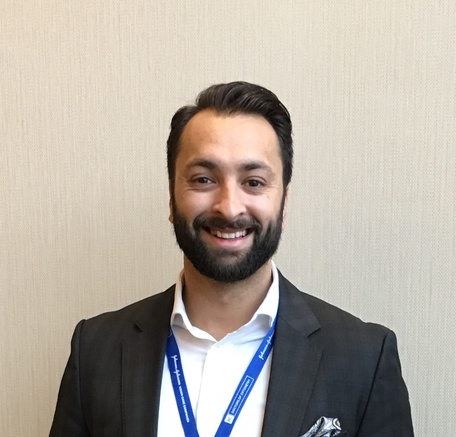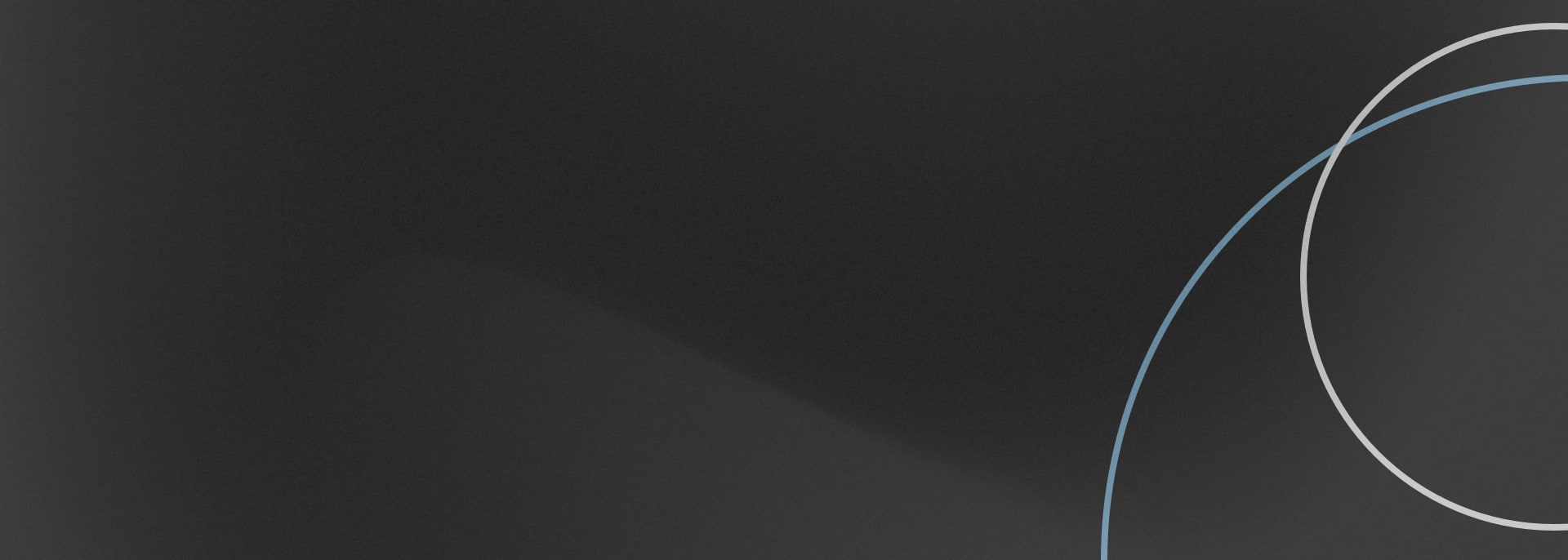Ok, there’s no funny punch line here. I just thought that was a catchy title.
What’s the difference between an ophthalmologist and an optometrist? What about an optometrist and an optician? Are they similar in some ways? This is the conversation of The Three O’s of Eye Care. Or, as my cousin from the UK who loves White Spot would rather call it, Triple O’s.
Ophthalmologists are medical doctors. After completing their MD, they complete residency training (usually 4 years) in ocular disease treatment and ocular surgery. Then, they will normally do another couple of years of sub-specialty training (cataract, retina, laser refractive, etc…).
Ophthos mostly see the more complicated eye issues and do surgery for said issues. Patient’s will most often require a referral from their optometrist or GP to see the ophthalmologist.
Optometrists are generally considered to be primary eye care providers. Kinda like seeing your GP for a stomach issue, which her/she will then either treat him/herself or refer to a specialist for further evaluation. Optoms have a bachelor’s degree and Doctor of Optometry degree (OD), which is a 4 year program focused specifically on vision and ocular disease. ODs will of course checking your glasses and contact lens prescriptions, but we can also examine for, diagnose, and treat a wide variety of conditions. We can also see and treat patients who have experienced eye injuries, scratches, infections, and of course dig stuff out of the cornea if necessary. We also examine for systemic conditions such as high blood pressure, diabetes, cholesterol, and others than can directly affect your eyes.
Opticians are licensed professionals who are trained in the fabrication and fitting of visual aids, such as contact lenses and glasses. They do not, however, examine for or treat any eye conditions or ocular disease.
Sight Testing is not an Eye Exam
Unfortunately, due to deregulation of health care in BC and other provinces, it is possible to have your vision tested and glasses prescription using automated instruments, without examination of ocular health. This is called sight testing and will usually be seen at optical stores.
It is very important to understand the vast difference between a sight test and a comprehensive eye exam. So, next time you’re in to get your eyes checked, be sure to ask if they will be examining for ocular conditions like cataracts, glaucoma, and others that can affect your eye health and vision!






